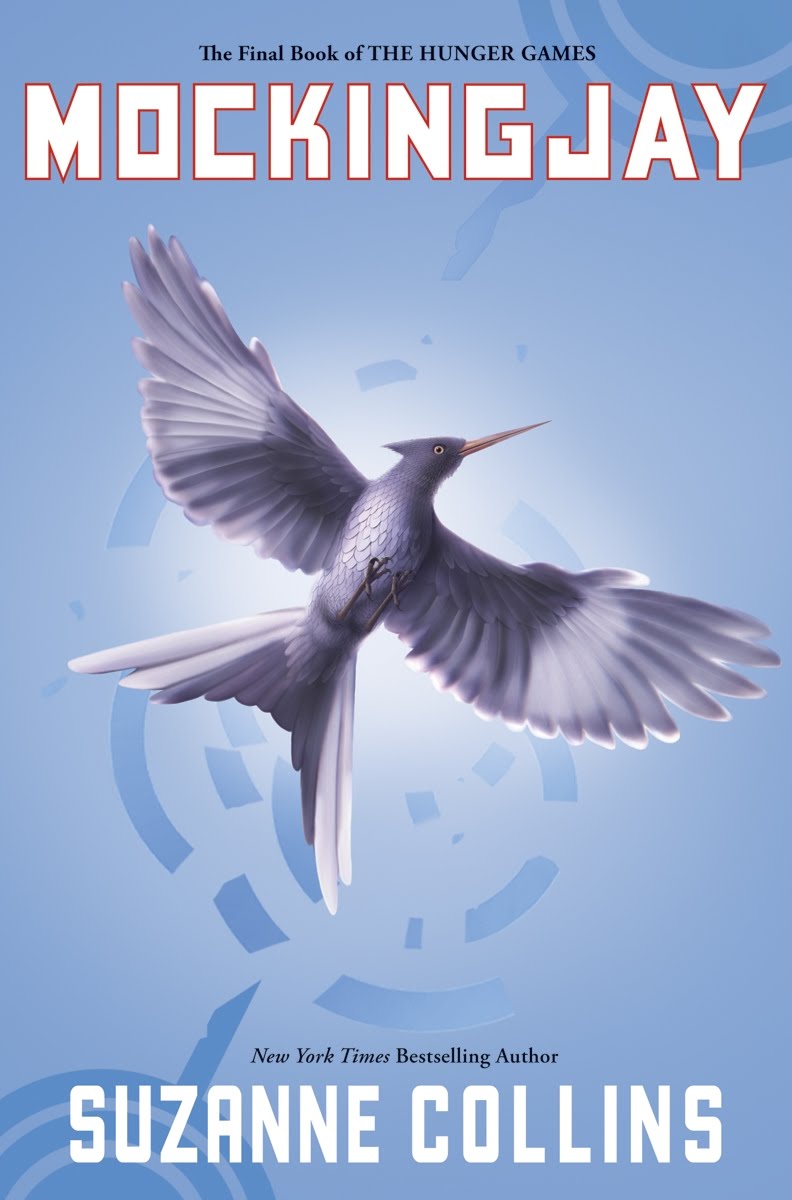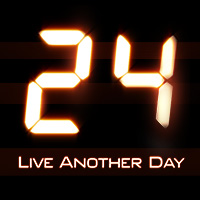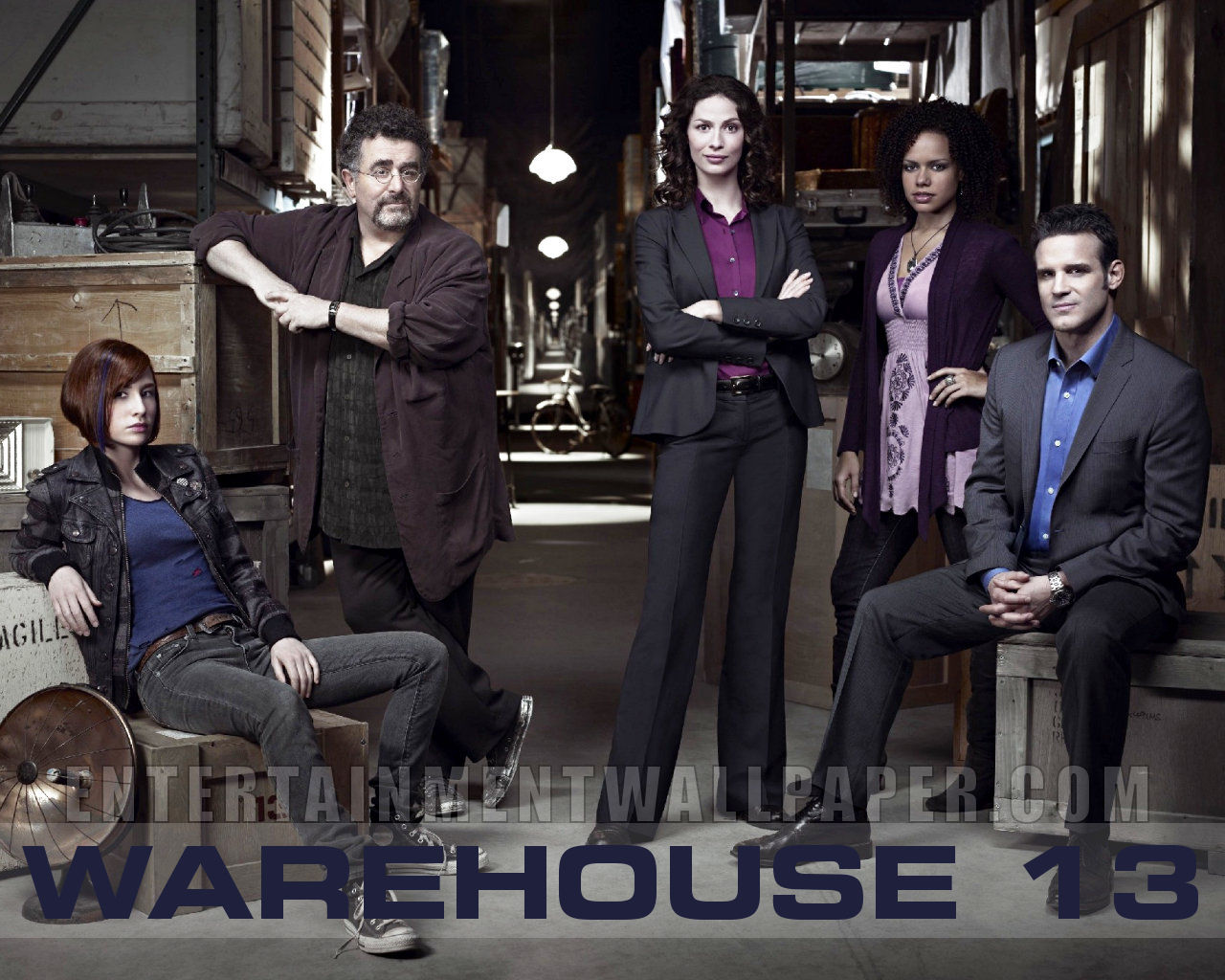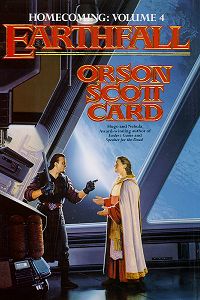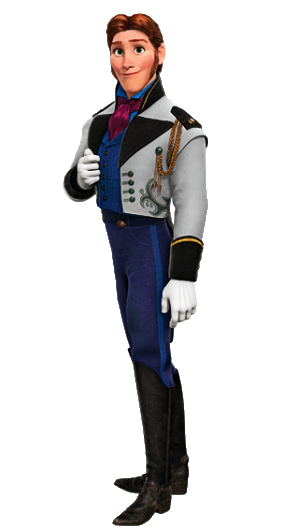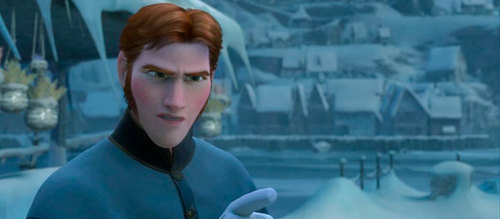I must be getting all political here! Last week, I explained why I
removed Candy Crush (because of their greedy attempts to patent the names "Candy" and "Saga" in order to crush the competition). This week, (and this is ironic), I will be removing Firefox because of Mozilla's show of intolerance in the face of the latest witch hunt.
Before I continue, a quick little bit about myself: I am a conservative Christian who happens to hold the political view that gay marriage should be allowed. That is, even though I believe homosexuality is a sin, I don't think my views should stand in the way of the happiness of those who believe differently than I do. Let them be happy. Don't judge them. Be friends with them. Support them. That's what tolerance is all about.
I also believe that those who disagree with gay marriage should be allowed to disagree, and even fight the current trend. That's what being American is all about -- free speech -- standing up for what you believe in. Does that make these disagree-ers evil and intolerant? I suppose it depends on how they carry out their protests, but who am I to judge?
My fear is that one day very soon, as gay marriage is becoming legal in all 50 states, the tables will turn, and the gay community will unleash a wave of intolerance against those who fought against gay marriage. It will be a deliverance of "much earned" retaliatory comeuppance. If you don't get with the program, you'll be boycotted, or fired, or blacklisted, or ostracized.
If any of this sounds familiar yet, then you're starting to catch on to the witch hunt that's currently picking up speed. This wave of retaliatory comeuppance is nothing more than another manifestation of McCarthyism. Most of you reading today probably weren't alive when the hearings went down, but many good people were publicly humiliated, blacklisted, and exiled. The actor Charlie Chaplin was even forced to live away from the good old USA for 20 years even though he really wasn't a communist. He only looked like one because of his political attempts to bridge friendship between the US and Russia during World War II. When mob mentality settled in, the witch hunts proceeded. Those labeled as "communist" were prosecuted. Logic went out the window.
What was it Charlie Chaplin said when he learned of the possibility of returning to America?
Whether I re-entered that unhappy country or not was of little consequence to me. I would like to have told them that the sooner I was rid of that hate-beleaguered atmosphere the better, that I was fed up of America's insults and moral pomposity.
Today, the new label is "homophobe." If you do anything to earn that moniker, you're toast. Prepare to be burned at the stake. It won't matter if you support gay marriage, or if you befriend gay people, or demonstrate tolerance toward them. It
will matter that you associate with certain groups, or if you provide an unfortunate sound bite. In my case, it could well turn up ten years from now that I'm a Mormon, and I may be asked to renounce my religion or lose my job. But wait! I'm good people!
Back to the present, let's talk about Brendan Eich -- Silicon Valley superstar -- inventor of JavaScript and a whole bunch of behind-the-scene stuff you and I use every day. Six years ago, this man donated $1,000 dollars to Proposition 8. Therefore, he's a "homophobe." It doesn't matter that Brendan has a long history of supporting pro-gay policies at work. Neither does it matter that he emotionally apologized for upsetting so many people a few days ago. It only matters that his name shows up on the ultimate list of homophobes ... those who donated money to Prop 8, and there's no room for repentance.
A couple of weeks ago, Brendan was named CEO of Mozilla. Almost immediately, a few pro-gay groups protested. The prominent dating site OkCupid
called for a boycott of Firefox ... a misdirected boycott (in my opinion), as the company Mozilla has no anti-gay policies, and neither was it sending any money toward anti-gay causes, and neither had Brendan had any altercations/issues working with gay people. In fact, Board member Mitchell Baker said of him, "I never saw any kind of behavior or attitude from him that was not in line with Mozilla's values of inclusiveness."
So why did OkCupid call for a boycott? The only reason (as confirmed by their recent statements in reaction to the resignation) was to bring Brendan down. OkCupid gave this contradictory statement on their website: "OkCupid is for creating love. Those who seek to deny love and instead enforce misery, shame, and frustration are our enemies, and we wish them nothing but failure."
It's funny how "creating love" and "enemies" could appear so close together. This kind of contradiction is a normal symptom of a witch hunt ... mob mentality with the lack of ability to step back and analyze the "logic" being presented. In this whole incident, OkCupid wasn't "creating love," but rather demonstrating intolerance (of the retaliatory comeuppance variety). How ironic!
It's all too easy to look back in history at the McCarthy hearings and say, "I would never do that." But at the time, it was all too easy to be caught up in the Red Scare. OkCupid, here, demonstrates how easy it is today to get caught up in the retaliatory comeuppance wave that's building. So, I challenge you. If you can say, "I would never do that" referring to the McCarthy hearings, then now's your chance to reconsider your position today. Do you want to support this rising wave of retaliatory intolerance? Or will you leave it to your grandchildren to look back at our generation and say, "I would never do that"?
Mozilla has chosen to buckle under this wave. The pressure against Brendan built until he was forced to resign. Instead of giving their support, the Board basically threw Brendan under the bus. Take a look at the
official Mozilla statement by the Executive Chairwoman, Mitchell Baker.
It starts off apologizing for not acting quickly enough. (What exactly could they do more quickly? Give more support to their CEO and help the world understand why he was really good for the company and the community despite his personal views? Or does this mean they should have asked the world for permission to hire him as CEO?)
Then there's a blurb about standing up for both equality and freedom of speech, but it's hard to figure out how to stand for both. (It's not really that hard ... allow freedom of speech and treat everyone equally. They just failed to treat Brendan equally.)
Then there's a part on Mozilla's inclusiveness, as they welcome contributions from all different strokes of life (but apparently not from the conservatively religious, as evident from the outcome).
From where I stand, Mozilla chose poorly. Now they face a different kind of boycott ... now several want to remove Firefox from their computers because of the unequal and intolerant treatment of Brendan Eich. Even some prominent pro-gay personas have denounced this whole witch hunt.
I think I'll try out Chrome and Safari for a while as I watch how this all plays out. I realize I risk being labeled a homophobe (despite my actual views on the whole subject), but what can I say? I will stand up against intolerance in all its forms. We shouldn't meet intolerance with more intolerance. Let's stop the witch hunt now, especially considering that six years ago, more than half of Americans were against gay marriage. At this rate, there won't be anyone left.
"An eye for an eye, and a tooth for a tooth. Very good. That way the whole world will be blind and toothless." -- Tevye



